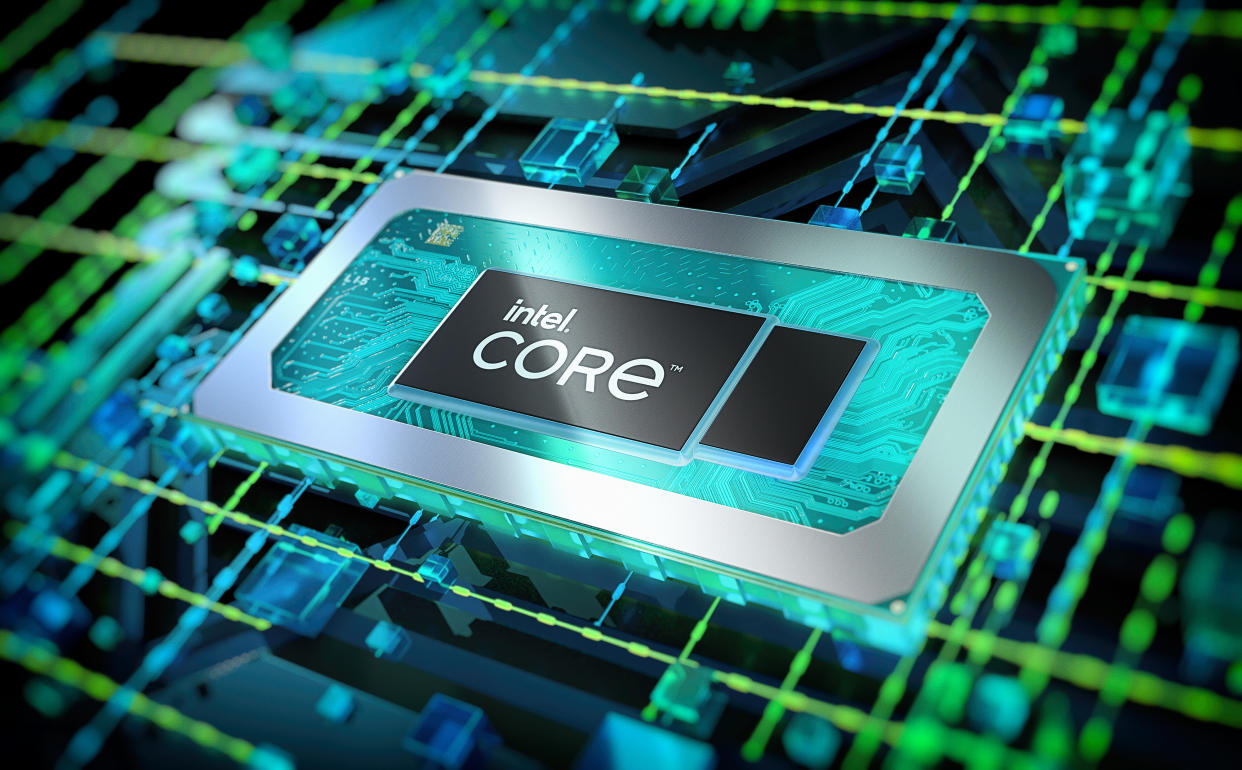Low-powered Raptor Lake CPU fails to impress in graphics benchmark — Intel Core 7 150U loses to AMD's CPUs with Radeon 740M graphics

A benchmark for Intel's highest-end member of its regular Core Mobile Series 1 lineup has leaked, and the results aren't particularly excellent (via BenchLeaks). The Core 7 150U is Intel's latest 15-watt chip for laptops. Although we can't expect too much of its integrated graphics, its performance in Geekbench 6 is still pretty disappointing for what is supposed to be a current-generation product.
The Core 7 150U isn't a Meteor Lake CPU because it lacks the "Ultra" branding, but it might still confuse the less experienced users. It's a Raptor Lake refresh chip and an overclocked Core i7-1365U. At least for the moment, the difference between Core Ultra Series 1 and Core Series 1 processors is that the former uses Meteor Lake, and the latter uses Raptor Lake.
For comparison, we've included scores for two of AMD's integrated GPUs according to Geekbench 6's rankings for the Vulkan graphics benchmark. Against even the Radeon 740M, which is the lowest-end iGPU AMD pairs with Phoenix and Hawk Point APUs, the Iris Xe graphics in the Core 7 150U loses. The Radeon 760M is even further ahead, and the top-end Radeon 780M in the handheld-oriented Z1 Extreme is over twice as fast as the 150U's graphics.
Even compared to AMD's old RX Vega 11 iGPU, the 150U can't exactly win. Vega 11 graphics were first introduced in 2017 on first-generation Zen APUs, so it shouldn't be hard for Intel to win a decisive victory here. The problem for Intel is that it's been recycling Tiger Lake's Xe integrated graphics for years, with Meteor Lake introducing the first new iGPU since then. By contrast, Meteor Lake has such excellent graphics performance that it's on par with AMD's 780M.
Of course, AMD has also been in the business of recycling, and for its part, it didn't get rid of Vega 11 until 2022, when it finally brought RDNA 2 to its APUs in the Ryzen 6000 series. To AMD's credit, though, it was able to stay in the lead almost the entire time with Vega 11 thanks to incremental upgrades to clock speeds. Recycling a losing component isn't a winning strategy, and it certainly hasn't worked for Intel recently.
Not all hope is lost for Intel, though, as Core Series 1 seems to already be on the chopping block in favor of Core Series 2 Lunar Lake CPUs, which arrive later this year. These chips are expected to use cutting-edge hardware and introduce second-generation Arc Battlemage integrated graphics, which should undoubtedly boost performance. It's not clear if Lunar Lake can catch up to AMD's lower-power APUs, let alone beat them, but on paper, there's quite a bit of promise for Intel's upcoming CPUs.

